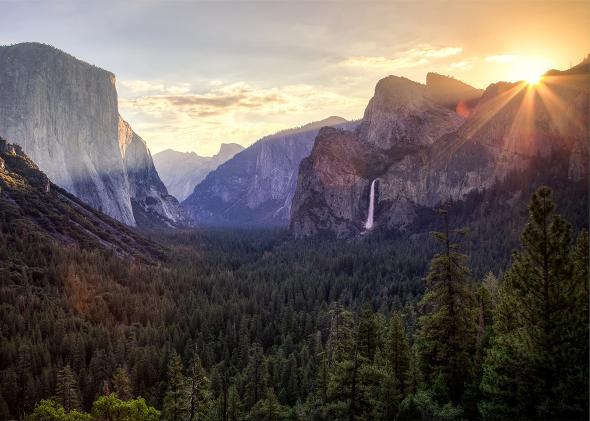
Bartfett/Thinkstock
The menacing nature of Donald Trump’s campaign rallies, his repeated insistence that the election is “rigged” against him, and his suggestions that his supporters travel to monitor potential voter fraud in “certain areas” have raised the possibility that widespread violence could break out on or after Election Day. In August, my colleague Josh Voorhees wrote that Trump was “sowing the seeds for civil unrest.” An Oct. 15 Boston Globe article found a number of Trump fans raising the possibility of such unrest approvingly:
“If she’s in office, I hope we can start a coup. She should be in prison or shot. That’s how I feel about it,” Dan Bowman, a 50-year-old contractor, said of Hillary Clinton, the Democratic nominee. “We’re going to have a revolution and take them out of office if that’s what it takes. There’s going to be a lot of bloodshed. But that’s what it’s going to take. … I would do whatever I can for my country.”
Mainstream reaction to the third presidential debate fixated on Trump’s unwillingness to say he’d accept the outcome of the election, which commentators such as Barack Obama described as “dangerous.”
That’s the bad news. The good news: A large majority of Americans, including a large majority of our sizable Republican-American population, aver that they do not want to continue to litigate the outcome of this election after Nov. 8. In fact, they never want to think about this election again. From HuffPo:
An 81 percent majority of Americans say they wish this election were over, according to a new HuffPost/YouGov poll, with just 12 percent saying they’re enjoying watching things play out. More than three-quarters of people in both parties say they’re ready to move on.
Your mileage may vary, and I can tell you that several of my esteemed Slate colleagues do not understand what I’m on about right now, but: 75 percent of Republicans being “ready to move on” does not read to me like a population primed for civil unrest. (And when I say “civil unrest” I mean riots in multiple cities, organized armed protest, etc.) It reads to me like a population that is ready to sublimate its feelings about this election into apathetic gridlock—aka our national status quo.
Trump has brought hateful extremism into the realm of acceptable public discourse; he has made unconstitutional and un-American policy proposals seem normal; he has legitimized some of the ugliest parts of our politics and encouraged his supporters’ most inhumane tendencies. But what he hasn’t done is reorganize white-nationalist Americans into a force capable of or interested in creating mass physical disruption. (Trump is actually terrible at organizing things, which is part of the reason he’s losing.)
There has been some rioting perpetrated by the nationalist parties in Europe that preceded Trump’s rise. In Greece, Golden Dawn supporters took part in riots that were triggered by austerity cutbacks in public spending, while Germany’s Pegida rioted over Muslim refugee resettlement. Those riots were a response to a loss or sharing of resources being imposed from above. The last widespread white riots in America were also a response to government-imposed resource sharing—desegregation busing. But in part because of the severe backlash against desegregation efforts, American politics is often reduced to a contest between one party stoking white fears that someone is trying to take their stuff away and another party trying to soothe them. But no one is actually doing any taking. (To wit: Our admission of Muslim refugees is a relatively tiny phenomenon.)
So the relevant precedent indicates that while elections may intensify white resentment, they don’t cause violence. (One could note that the Civil War was triggered by an election—but that was because the 1860 campaign was essentially a policy referendum on allowing slavery in U.S. territories.) Is it possible that, after this year’s election, there will be sporadic terrorist violence around the country perpetrated by white extremists? Yes—but, unfortunately, that is also the American status quo. Dylann Roof, John Russell Houser, Frazier Glenn Miller, and Robert Lewis Dear didn’t need the excuse of a Hillary Clinton presidency to begin shooting strangers. Our political system is currently aligned in a way that rewards the fomentation of anger but makes actual disruptive large-scale redistribution of resources impossible. If that’s the Trumpian dystopia you’re worried about, you already live in it.